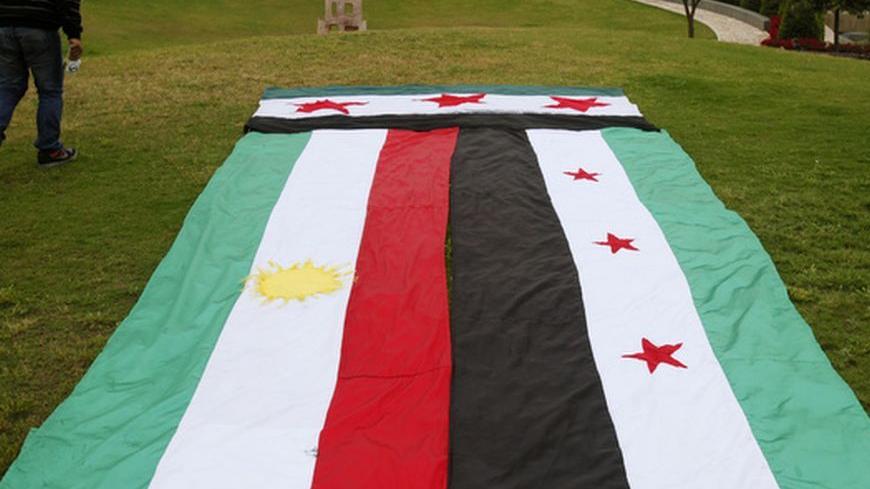Recent developments in Iraq and the region have renewed speculation about Kurdish statehood. Some argue that the increasing presence of major oil companies in the Kurdish north provides the economic leverage needed for independence. Others see the political vacuum in Syria as an impetus for a Syrian Kurdish state or autonomous region, one that could potentially merge into a greater Kurdistan with access to the sea.
Yet, while stirring nationalist rhetoric and investor confidence, these claims ignore regional geopolitics, security issues and political trends that make statehood highly unlikely. Rising Iraqi nationalism, conflicting aims in Syria and a strengthening PKK problem have intensified divisions not only between Baghdad and Erbil, but also between Kurdish groups inside and across the Kurdistan Region. The real concern is not a potential Iraqi Kurdish state, but the extent to which Iraq Kurdish autonomy can be sustained and the compromises needed to advance energy-sector development.


